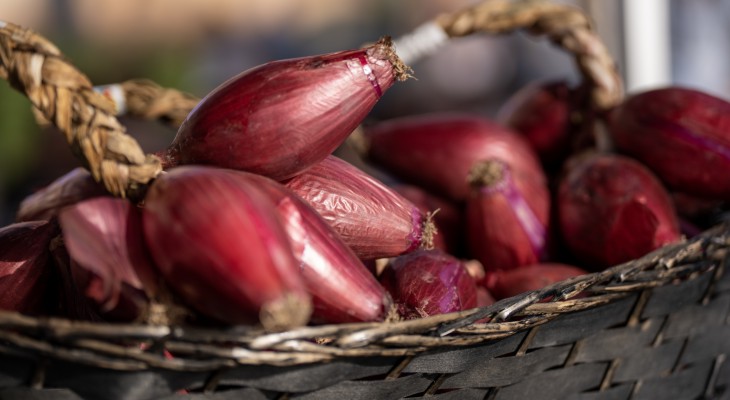
How much is organic worth in large-scale distribution? A question of no small importance, since organic and premium are the growth sectors, also in private label. According to Nielsen data, presented at Marca by Assobio, organic is a market worth 863.8 million euros in terms of sales, with an increase in the last year (November 2014 – November 2015) of 20%.
The most “sought-after” products? Perhaps a little surprisingly, eggs (with a turnover of over 61 million, +8.4% compared to the previous year), in second place fruit compotes (60 million, +8.2%), a “light”alternative to jams and marmalades. In third place rice crackers (almost 50 million, +21.4%) followed by fresh fruit (42 million, +12.4%). Over 37 million for soy drink bricks (+25.2%), 37 million for semolina pasta (+29%), 35 for soy-based foods (+37.3%), over 30 million for vegetables (+8.3%) and 29 million for fresh milk (+4.3%).
“In large-scale distribution, the average increase in value for the first 15 categories is 18.6%, with a minimum of +4.3% for milk and a maximum of 47.7% for extra virgin olive oil – says Roberto Zanoni, AssoBio President -. Very positive figures, certainly, but there is still much to do. Organic must not be the new frontier of sales; organic is also a system of values, it represents a type of agriculture able to preserve the environment and biodiversity, able to respond to the global challenges and thus must also be considered by large-scale distribution. The goal is to make operators and consumers understand the true value of organic, beyond the volume and price issue”.
Large-scale distribution has thus become an important channel. “The market is growing and must be protected – explains Zanoni -. We believe that all players must be in the discussion and share information on the critical issues, making the best use of the tools that we already have, such as the technical working groups on the various types of production, the platforms for the traceability of cereals and oil developed by our inter-professional federation, FederBio, in order to safeguard the quality and integrity of production, the guidelines and initiatives”.
AssoBio is also asking the Ministry for actions aimed at providing information to the public that unite producers and large-scale distribution. “In some foreign countries this is already an extremely effective reality: one or more national organic days involving all industry players, from farmers to hypermarkets, narrating the positive aspects of organic production. We are counting on Minister Martina, who had words of appreciation for our presence at Expo (six challenging months of the organic pavilion) and Olivero, Deputy Minister with responsibility for organic farming, giving us a hand” concludes Roberto Pinton, Assobio General Secretary.




